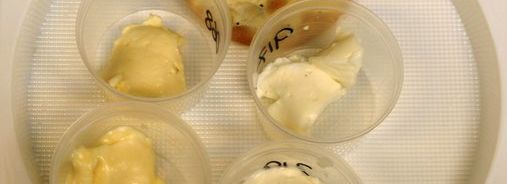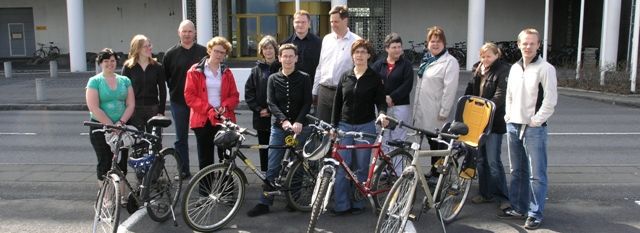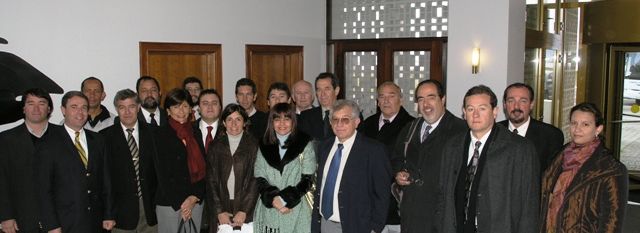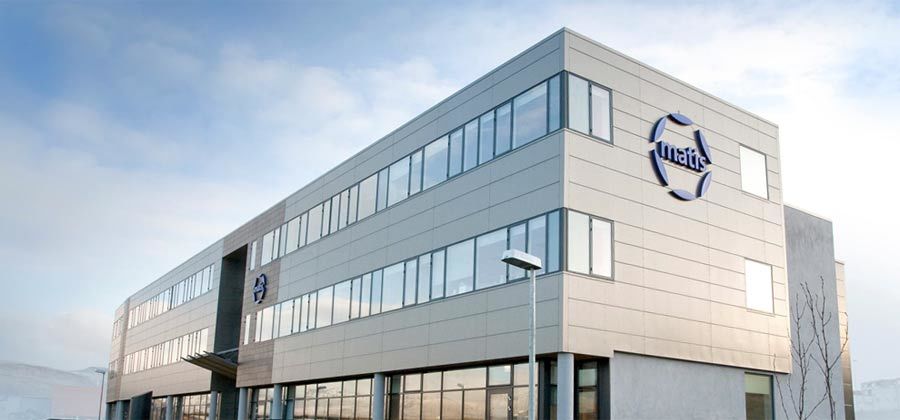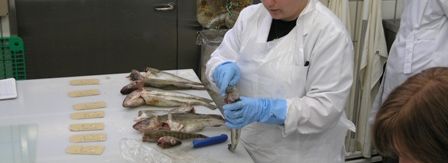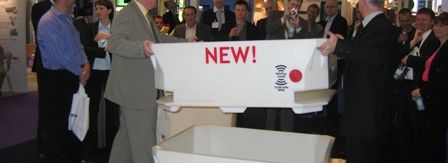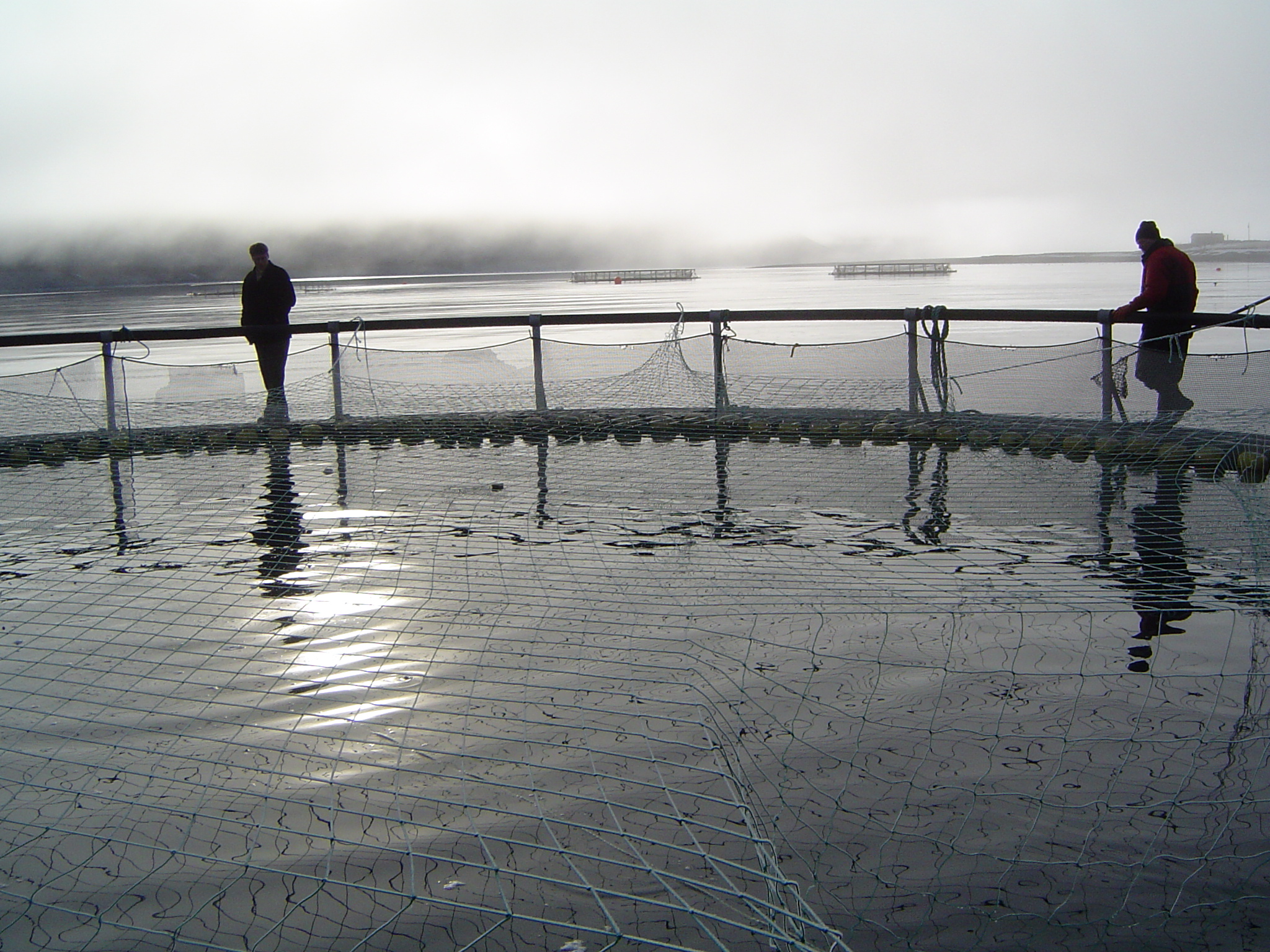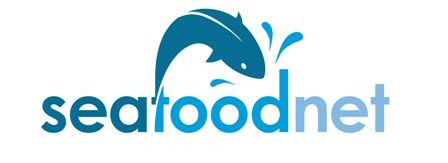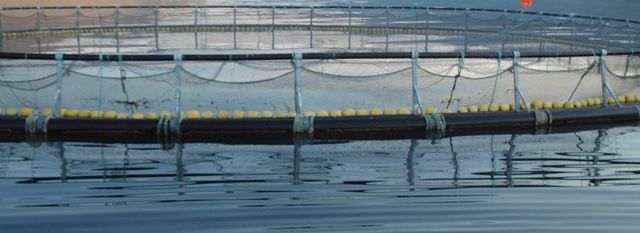Ingenious use of capelin oil - Article from IFL in the latest issue. Ægis
Í nýjasta tbl. tímaritsins Ægis er m.a. að finna forvitnilega grein eftir Margréti Bragadóttur, matvælafræðing á Rf, um hugsanlegar leiðir
Ingenious use of capelin oil - Article from IFL in the latest issue. Ægis Nánar »
